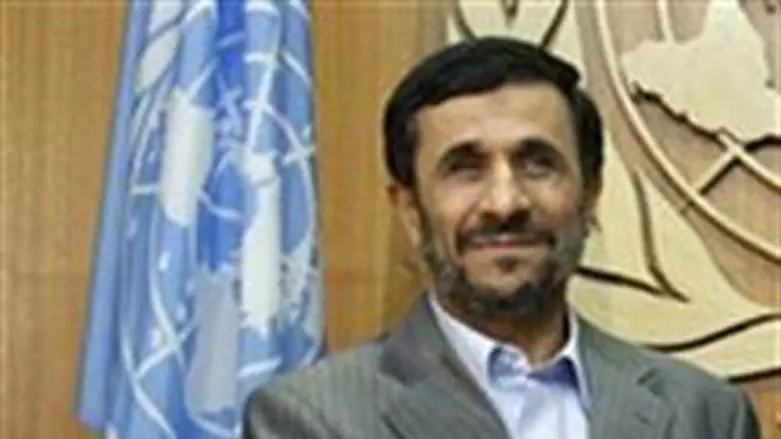
This week The Guardian, as well as a number of other media outlets, reported that Western sanctions targeting Tehran’s nuclear program have led to shortages of life-saving medications for illnesses, such as cancer, in Iran.
The “sweeping nature of the new sanctions has had an array of unintended consequences, worst of all is the crisis they triggered in the Iranian pharmaceutical market, and the impact that it has had on millions of Iranians with chronic health problems,” The Guardian reported.
The newspaper quoted Naser Naghdi, the head of the country's largest pharmaceutical company, as saying that, "Our biggest problem is the banking restrictions and the problem of transferring money. We have the currency but we can't transfer it. We can't pay companies outside Iran for the products."
“[I]f Iranians start dying because hospitals cannot get their chemotherapy or haemophilia drugs, the west is unlikely to escape blame,” the article concludes, placing the blame for the disheartening situation on Western sanctions, rather than the genocidal ambitions of the Iranian regime.
"While the inability to obtain medicine for innocent civilians is obviously an unfortunate tragedy for any country, the Iranian leadership is solely to blame for their people's
suffering, " said Nitsana Darshan-Leitner, director of the Shurat HaDin Israel Law Center.
"The Iranian ceaseless quest for a nuclear weapon to threaten genocide against Israel's civilian population requires that all sanctions against Tehran be strictly upheld and greatly escalated,” said Darshan-Leitner. “The civilian population of an aggressor regime like Iran must unfortunately bare the consequences of its extremist leadership until it can be overthrown or replaced. In a contest between the well-being of the aggressor's civilian population and the civilian population of another nation, which is not engaged in violations of international law, justice and morality would dictate that the latter's civilians should be given a higher priority."
The Shurat HaDin Israel Law Center is an Israeli based civil rights organization and world leader in combating the terrorist organizations and the regimes that support them through lawsuits litigated in courtrooms around the world.
Shurat HaDin has succeeded in freezing more than $600 million in terrorist assets and in collecting $120 million in actual payments to the victims and their families.
In May, the organization helped the family of an American teen killed in a 2006 Tel Aviv terror attack win a federal lawsuit against Iran in the US district court for Washington DC. The decision awarded the family of the victim $332 million against both Syria and Iran, over their sponsoring of the terrorist organization of Islamic Jihad, which was responsible for the attack.